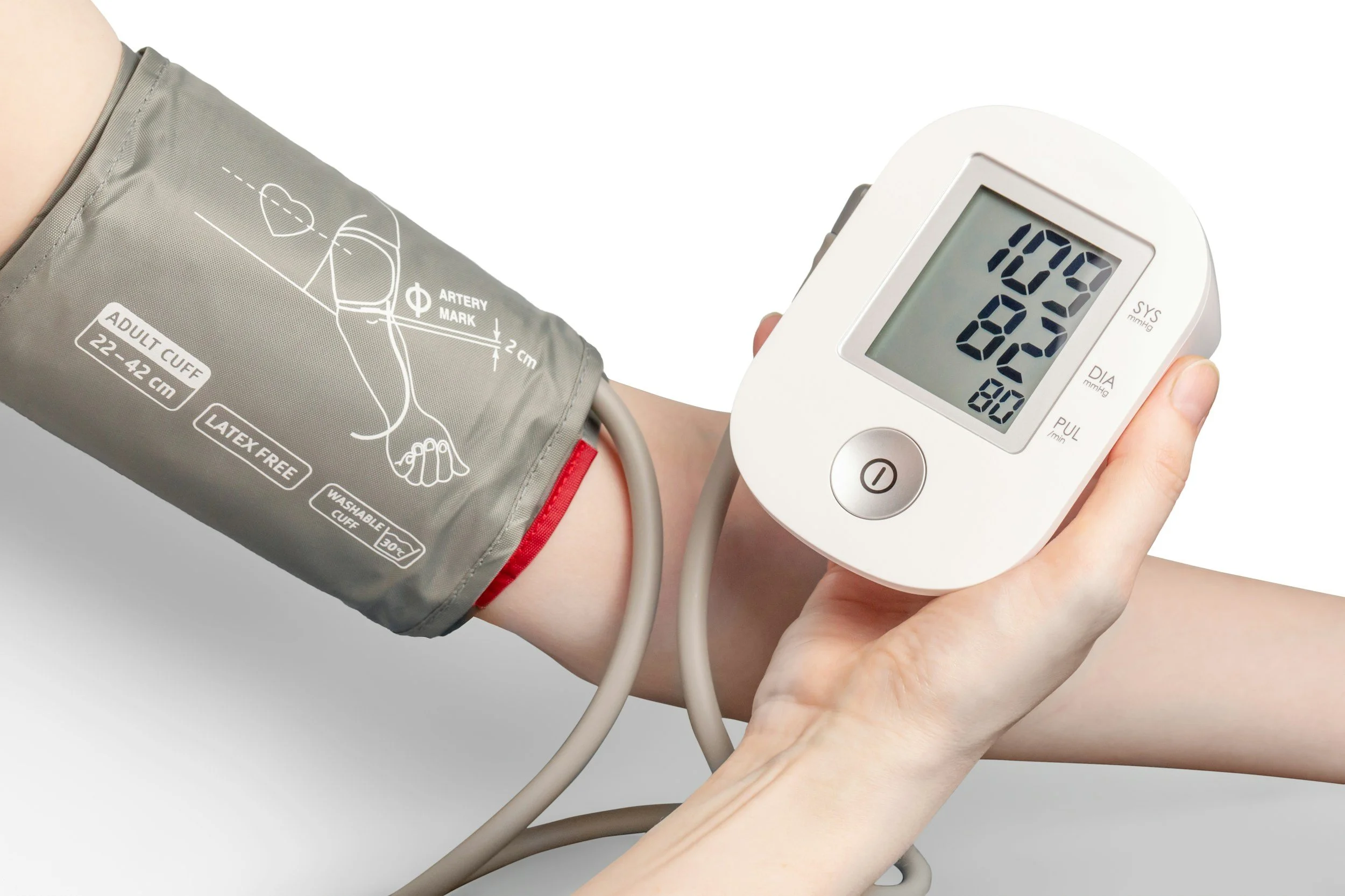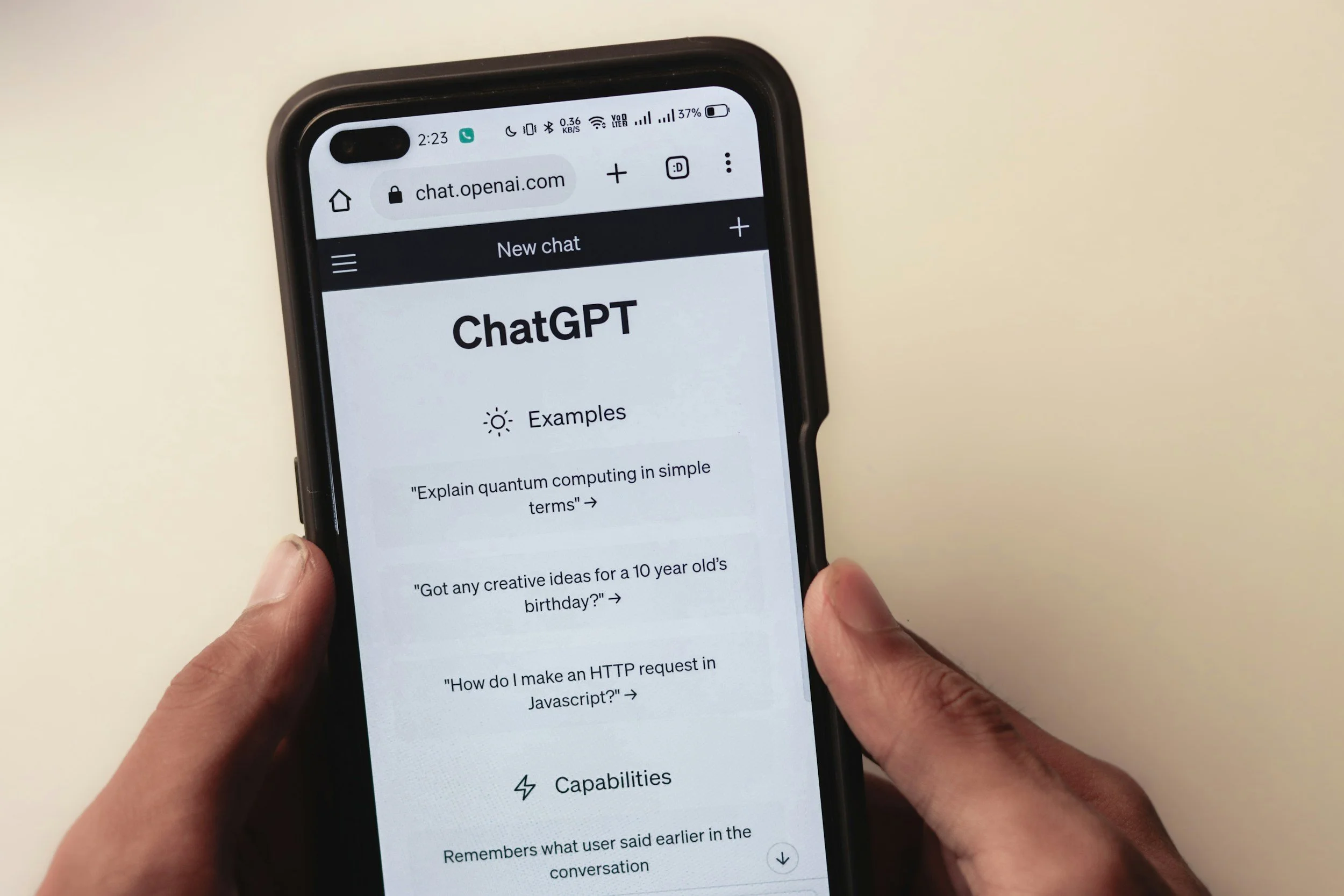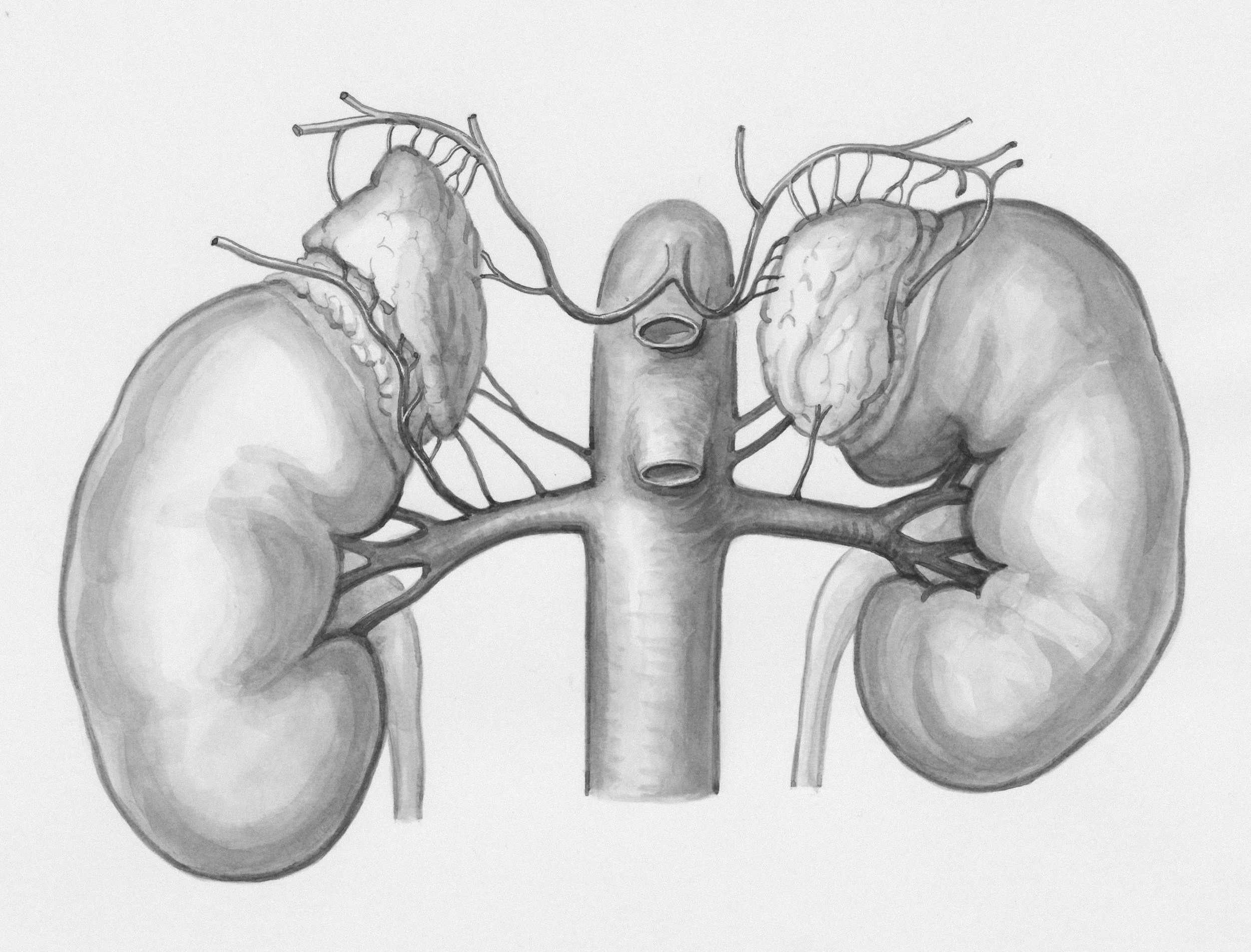TGA Permits Hypertension Claims for AI Wearables: New Rules
The Therapeutic Goods Administration (TGA) has introduced a new legislative instrument permitting restricted advertising for software that detects hypertension patterns using wearable PPG data. This report outlines the specific regulatory conditions, including mandatory consumer advisories and prohibited accuracy claims, and examines how the framework aligns with broader AI medical device standards in Australia and overseas.
Your New Health Assistant? OpenAI Launches ChatGPT Health
OpenAI has launched ChatGPT Health, a dedicated, private space within ChatGPT for managing health and wellness inquiries. The new feature allows users to connect apps like Apple Health and upload medical records for context, with data excluded from model training. It is currently rolling out to early users on web and iOS in select regions.
CSIRO Launches AI-Powered ‘My Plan’ for Personalized Weight Loss
CSIRO has introduced "My Plan," a new AI-powered feature for the Total Wellbeing Diet designed to personalize meal plans based on individual preferences, allergies, and health conditions. The launch follows CSIRO analysis indicating that members who frequently use meal plans lose 24% more weight on average than less frequent users. The tool utilizes data from millions of meal interactions to tailor suggestions, aiming to improve adherence and long-term results.
Australia Targets AI Chatbots with New Child Safety Rules
Australia is expanding its online safety regulatory framework to include specific compliance obligations for AI chatbots and companion services. Under the eSafety Commissioner’s new industry codes, providers face phased deadlines through March 2026 to implement safety measures—such as age assurance and risk assessments—designed to prevent minors from accessing restricted or harmful material.
AI Respiratory Monitor AeviceMD Receives TGA Approval for Australian Market
Singapore-based medtech firm Aevice Health has secured regulatory approval from the Therapeutic Goods Administration (TGA) to supply its AeviceMD respiratory monitoring system in Australia. Listed as a "thoracic acoustic recorder," the wearable device utilizes software-driven pattern detection to monitor chest sounds and detect wheezing. By leveraging the Comparable Overseas Regulator pathway via Singapore’s Health Sciences Authority, the system has transitioned into the Australian market to support remote patient monitoring and clinical review for chronic respiratory conditions.
AI Companion Risks for Minors: Platforms Tighten Guardrails Amid New State Regulations
A recent report on AI-human interactions has prompted major platforms to implement stricter guardrails for minor users. Character.AI, Meta, and Snapchat are rolling out age-based restrictions and parental tools, while New York and California introduce new legal frameworks to regulate AI companion models specifically.
AI Safety Gaps in GP Clinics: University of Sydney Study Warns of Regulatory Lag
A global research review led by the University of Sydney reveals that artificial intelligence is being integrated into general practice clinics faster than safety evaluations and regulations can be established. While tools such as digital scribes offer administrative relief, the study highlights critical concerns regarding clinical accuracy, patient consent, and the need for standardized oversight in healthcare settings.
ChatGPT Adult Mode Arrives 2026: OpenAI’s Plan for Mature Content
OpenAI has outlined a phased approach to expanding ChatGPT’s capabilities for adult users, confirming that a dedicated "adult mode" is scheduled for release in the first quarter of 2026. Preceding this, the company will relax restrictions on mature content for verified adults starting in December 2025. This report details the technical implementation of AI-driven age prediction, the specific roles of third-party verification partners like Yoti and Persona, and how these new protocols align with recent safety updates from competitors such as Google and Character.AI.
Study Cites 47.3M Uses of 'Therapy' Chatbot in Call for Medical AI Rules
A new paper published in NPJ Digital Medicine argues that general-purpose AI chatbots are effectively functioning as unregulated medical tools. Highlighting a "psychologist" character with 47.3 million interactions and recent safety incidents, researchers from TU Dresden are calling for clinical-grade oversight, age verification, and "guardian" systems to protect vulnerable users seeking therapy from AI.
Trinity Poll: 42% of UK Gen Z Fear Social Interaction More Than AI
A new survey commissioned by Trinity College London indicates that young workers in the UK currently view social hurdles as a greater challenge than automation. With 42% of respondents citing anxiety regarding unfamiliar colleagues and 38% dreading small talk, the findings suggest that hybrid work patterns may be impacting interpersonal confidence, even as AI anxiety ranks lower than in comparable US studies.
AI Cuts Mammography Workload 44%, Boosts Cancer Detection 29%
Published in The Lancet Digital Health, the MASAI trial demonstrates that AI-supported mammography increased cancer detection rates by 29% relative to standard methods while decreasing reading workload by 44% in a randomized study of over 105,000 participants.
OpenAI Weighs Health Assistant for 800 Million ChatGPT Users
Following the release of GPT-5 and strategic hires from Doximity and Instagram, OpenAI is reportedly developing consumer-facing health tools. The initiatives include a potential personal health assistant and data aggregation service designed to serve ChatGPT’s 800 million weekly active users, moving the company beyond infrastructure into direct patient utility.
XRPH AI Launches Vitals Dashboard for Africa’s 680M Mobile Users
XRP Healthcare M&A Holding Inc. has introduced a Vitals Dashboard to its XRPH AI mobile application, enabling manual tracking of health metrics for users across Africa and North America. This update supports the company's hybrid strategy of combining digital triage tools with its physical pharmacy network in Uganda and proposed TSX Venture Exchange listing.
Meta Adds New Teen AI Controls as 13% of Youth Turn to Chatbots for Mental Health
Meta has introduced new parental controls for teen interactions with AI chatbots on Instagram and Facebook, following research showing that 13% of youths use AI tools for mental-health or emotional support. The update adds options to disable private AI chats, block specific AI characters and review topic summaries, as regulators and experts call for stronger safeguards.
AI-Driven Brain Implants Cut Depression and PTSD Symptoms by up to 50%
New studies and expert reviews highlight how AI-enhanced closed-loop brain implants may transform psychiatry. By monitoring neural signals and adjusting stimulation automatically, these devices have achieved up to 50% symptom reductions in depression and PTSD trials, signalling a shift toward precision mental health care.
AI-Powered Retinal Implant Restores Reading Ability for 84% of Blind Patients in New Trial
Researchers have reported that an AI-assisted retinal implant has enabled patients with advanced dry age-related macular degeneration to regain enough central vision to read letters and words. In a clinical trial across multiple European hospitals, 84% of participants demonstrated improved functional reading ability using the PRIMA implant system. The findings highlight progress in restoring practical vision for a condition that currently lacks treatments capable of reversing sight loss.
CoralPhone Launch: MyCoralApp Expands AI–Web3 Wellness Ecosystem After 6,000-Unit First Batch
MyCoralApp has moved beyond its origins as a wellness app to introduce CoralPhone, a mobile device designed for Web3-based lifestyles. The project combines AI-supported habit tracking with decentralised technologies to promote user data control and reward-based engagement. This development reflects ongoing efforts to integrate personal health management with emerging blockchain ecosystems.
Nearly 1 in 10 Irish Adults Report Romantic Relationships with AI Chatbots
A nationwide survey by Pure Telecom finds that nearly one in ten Irish adults have formed romantic relationships with AI chatbots, reflecting a shift toward virtual companionship in Ireland. The research also shows rising use of AI for emotional support, health guidance, and daily decision-making as digital reliance deepens.
Study of 1,131 Users Links Heavy AI Companion Use to Lower Well-Being
A Stanford-CMU study of Character.AI users suggests that relying on AI companions for emotional or romantic support correlates with lower life satisfaction and greater loneliness. Survey and chat log analysis show that while most users seek entertainment or curiosity, many form deep bonds with chatbots, raising concerns about potential social disconnection and the need for safeguards.
CareDx Validates AI Kidney Rejection Tool After 2,700+ Biopsy Study at 2025 Congress
CareDx presented validation data for AlloSure Plus, an AI-driven diagnostic tool for kidney transplant rejection risk, at the 2025 World Transplant Congress. By integrating donor-derived cell-free DNA from AlloSure Kidney with clinical data, the tool improves detection and monitoring compared to biopsy alone. Early results indicate its potential to support personalized transplant care and long-term graft outcomes.


























